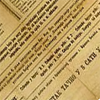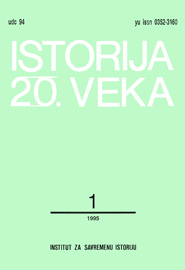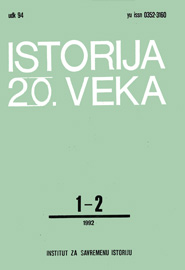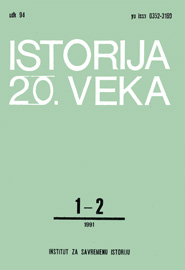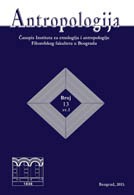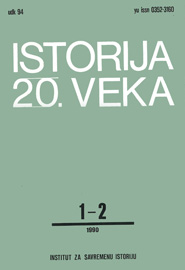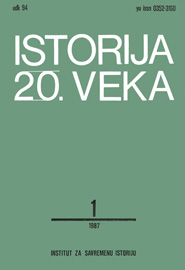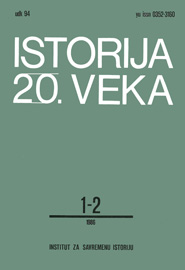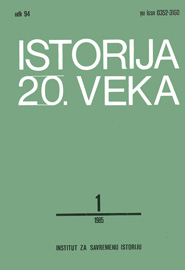Author(s): Simeon Begović / Language(s): Serbian
Issue: 1/1987
It is 'not advisable to compare resistance by inmates of prison camps during the Second World War with political and armed action by subjugated peoples against Fascist occupiers. This resistance had its own characteristics and dimensions. In fact, opposition to the tyranny commenced before arrival in a camp, during arrest and subsequent torture in prison. Its basic aim was to conceal as many true facts as possible from the occupier and to give to the investigating authorities false information, in order to prevent more people being arrested. The article is illustrated by many examples of brave conduct in the face of the enemy. The consistency and courage which patriots demonstrated during arrests and hearings was mostly carried over into the camp. The initiators and movers of all aspects of political work were, primarily, members of the Communist Party of Yugoslavia, which had led the armed uprising against the occupier. It operated through self-generated party cells, food collectives and circles for political and cultural work. The activities of these forms of self-organization covered almost the entire life of the camp, starting from concern over saving people from famine, to preparations for break-outs and escapes. Nevertheless, political work should be accorded pride of place. Its basic aim was to counter the despair and hopelessness into which inmates had been pushed by the Nazi enemy, with the moral values of a different world, based on freedom, equality and human dignity. It needs to be born in mind that, in the Banjica camp, it was forbidden to possess any kind of literature or papers, that the discovery of a pencil could lead to death and that, from here, many prisoners were shot or deported to Nazi camps across enslaved Europe. There was a decree in force on the territory of occupied Serbia that 100 Serbs would be shot for every German soldier killed, and 50 for every German wounded and the Banjica camp was, above all, a reservoir for these Nazi „reprisals”. Nevertheless, even in these circumstances, political and cultural action went on to preserve and strengthen the morale of the prisoners living in these cruel conditions. And in view of the fact that there were no resources whatsoever for this, oral transmission was the order of the day: from the treasury of general knowledge, from experiences of the revolutionary struggle and the national liberation war, from those whose vision and culture were broader to those whose knowledge was still limited, from room to room, from group to group, from those condemned to death to young people - everything that could harden them, direct them and show them the road to true freedom and the future, such as it could be imagined at that time. This aim was also served by the recital and singing of patriotic song’s and the making of artistic items and handicrafts, which, using primitive means, appeared in the rooms of Banjica, in the respites between executions for posterity.
More...
